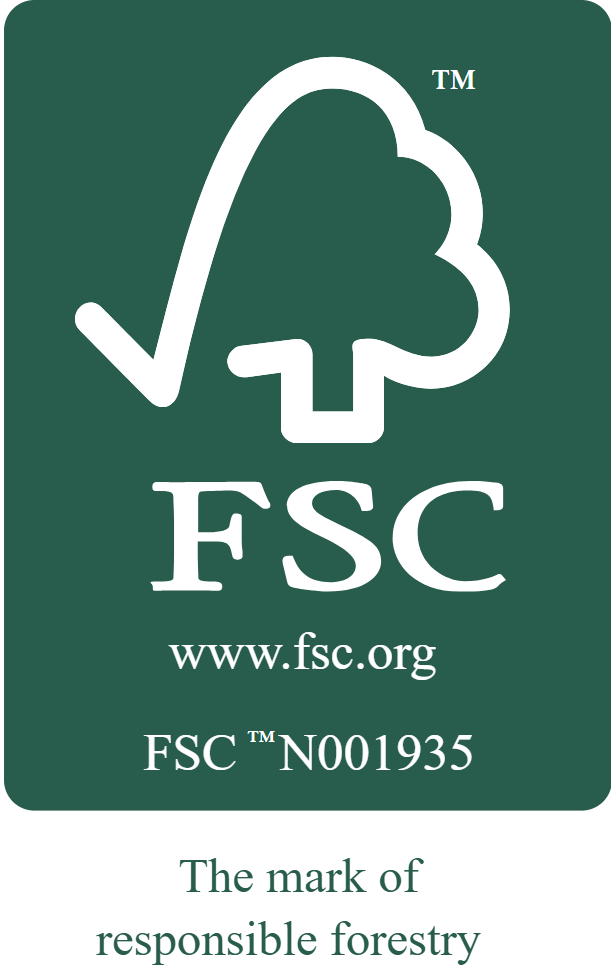Forests created or improved Vineyard Forest
Why did we support this forest?
The aim of the project is to regenerate the landscape in an agroecological way, safeguarding biodiversity, promoting innovative agricultural techniques and creating a place where nature is the protagonist and teacher.
History of the forest
In the Berici Hills, in Arcugnano, not far from Vicenza, the Bosco delle Vigne forest shows a perfect balance between nature and farming. This area, shaped over time by volcanic and sedimentary geological events, has always been home to diverse wildlife, making it an ideal spot for outdoor walks, farming activities, and food and wine tourism.
This sets the stage for the initiative by Azienda Agricola da Schio, which has committed to caring for 15 hectares divided among vineyards, fields, woods, and farm buildings. The goal? To restore the landscape using agroecological methods, protect biodiversity, promote innovative farming techniques, and create a space where nature is both the primary focus and teacher.
Where is the forest located?


How we improved the forest
Alongside the University of Padua and with support from WOWnature, Azienda Agricola da Schio has launched a project that combines tradition with innovation. At the heart of this project is planting over 2,000 trees, shrubs, and vines using two complementary agroforestry methods.
The first involves rediscovering the “vite maritata” technique. In this ancient system, vines don’t grow on poles but climb support trees – specifically, field maples – creating an attractive, functional, and resilient agricultural landscape. Used for centuries in various regions of Italy, this method now offers a sustainable way to promote biodiversity.
The second method involves planting an experimental agroforestry vineyard where vines grow alongside fruit and forest species such as myrobalan, service tree, dog cherry, strawberry tree, elm, manna ash, and field maple. This mixed system enables diversified production, enhances soil fertility, fosters new habitats, and enhances ecosystem resilience.
Bosco delle Vigne is also meant as a place to experience and learn. Educational and experiential trails will be developed to explain agroecology principles and involve the community in a new landscape management approach. This strategy emphasises a harmonious relationship between humans and nature, adding to the region a regenerative, thoughtful, and future-oriented perspective.
News from the forest

Partner of the forest


Join our community
Do you like trivia about trees and forests, and want to know how you can help create a greener future and help nature?
Sign up for our newsletter!
A couple of times a month you will receive news, scientific insights without catastrophizing, offers to adopt our trees, and news from our projects. With WOWnature, helping the planet becomes a positive experience. Every tree is a step toward a better future.



